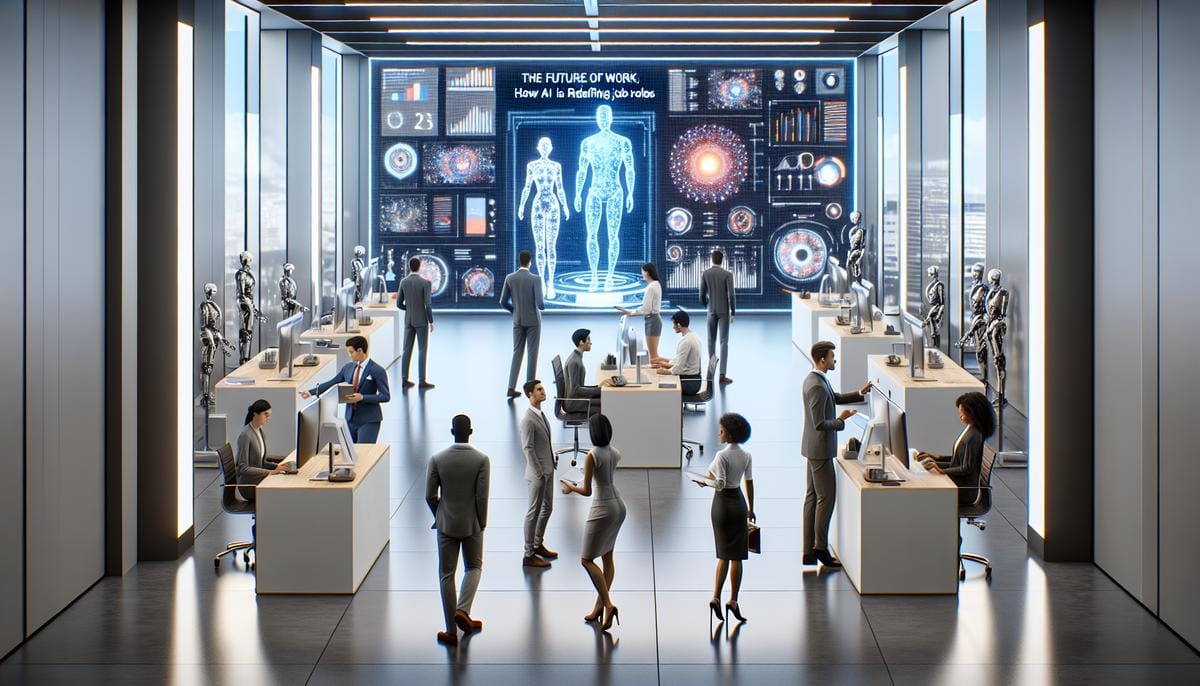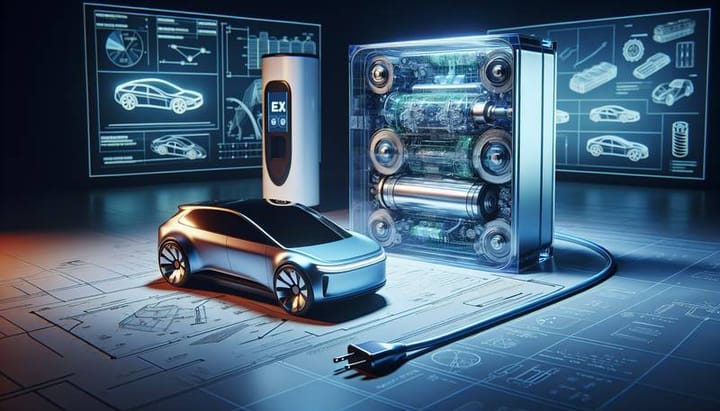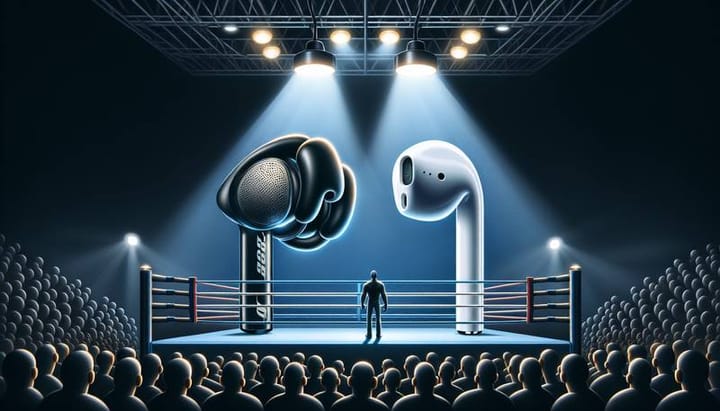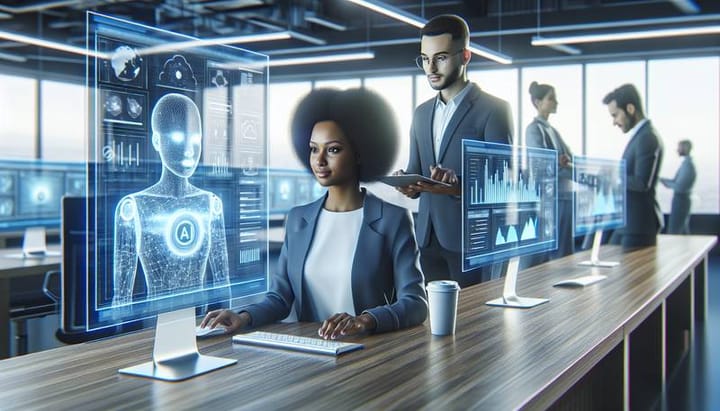The Future of Work: How AI is Redefining Job Roles

A recent survey conducted by staffing company Adecco, which encompassed senior-level executives from 2,000 large companies worldwide, has shed light on the implications of artificial intelligence (AI) on the human workforce. The results suggest that we may see a reduction in job roles within the next five years as AI tools become more prevalent in business operations.
AI in the Business World: Boon or Bane?
The integration of AI technologies is rapidly increasing, with businesses leveraging AI capabilities to enhance productivity and efficiency. Although this technological advancement has been lauded for its potential to create new job roles, it raises alarms regarding existing positions that might be rendered obsolete.
The survey found that 41% of participating companies anticipate a decrease in workforce due to AI automation. Incidentally, this echoes findings of a World Economic Forum (WEF) report from 2023, which also predicted job displacements, albeit coupled with an optimistic view that AI may double job creation efforts.
Are Jobs Really at Risk?
Hype around AI, especially following the introduction of ChatGPT, has led to a surge in AI tool development for a variety of functions. This shift has incited tech giants to reassess employee roles, resulting in layoffs either directly or indirectly influenced by AI.
However, there's a silver lining. Many companies are still behind in effectively integrating AI into their systems due to inadequate data foundations—an obstacle that might slow down the prophesized workforce decline. Experts believe that human workers will remain irreplaceable for the foreseeable future, and AI advancements may even open up new opportunities in the long run.
In conclusion, although AI presents a potential threat to job security, the narrative isn't completely bleak. As AI continues to evolve, so does the potential for symbiosis between machines and mankind, fostering an environment of not replacement but enhancement of human roles.


